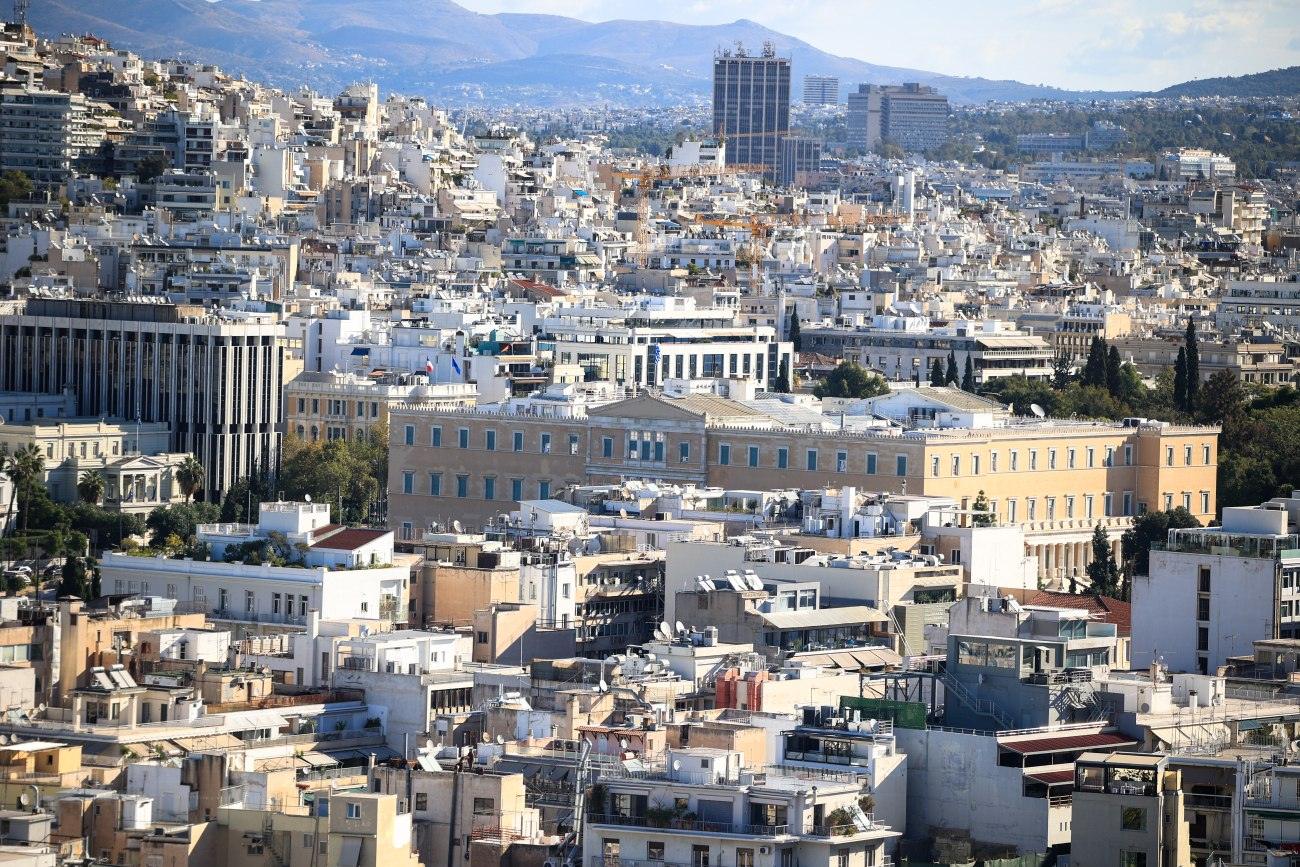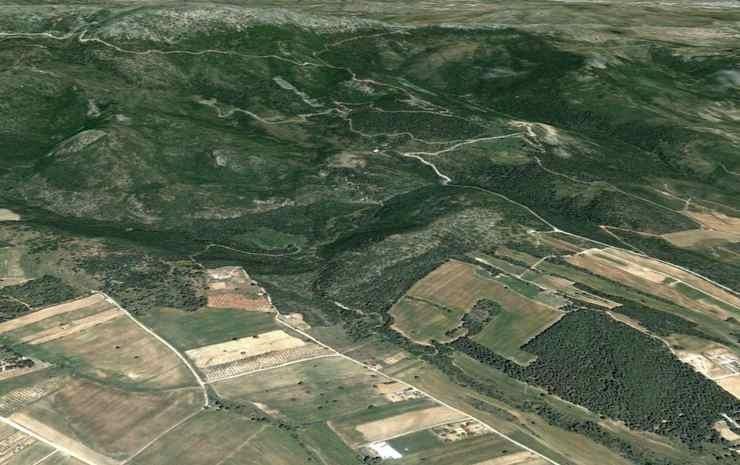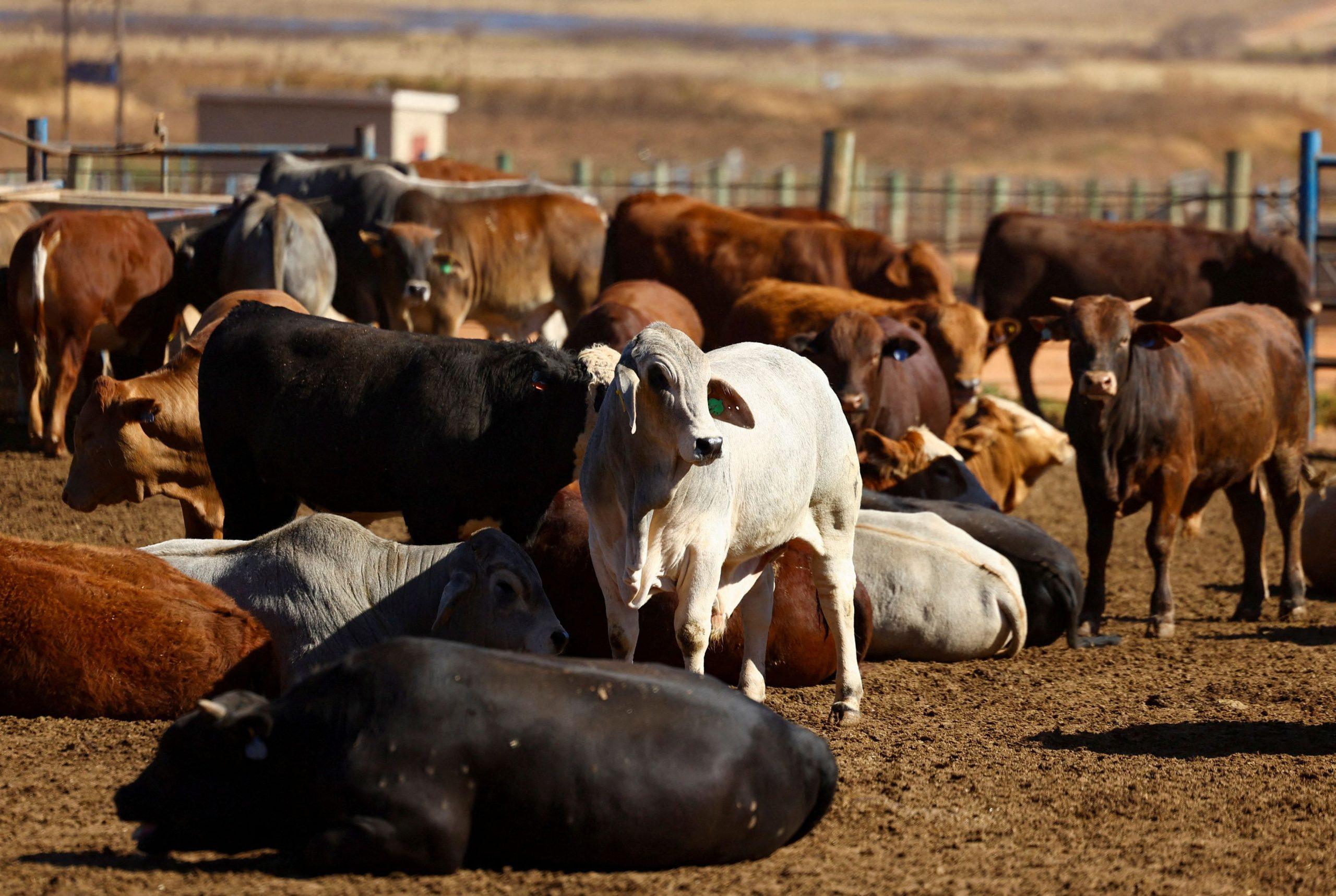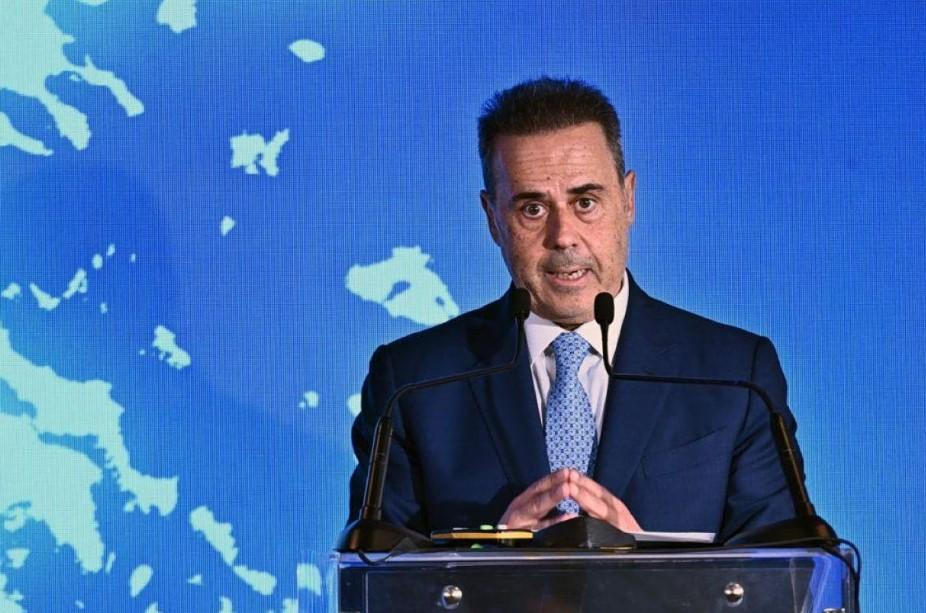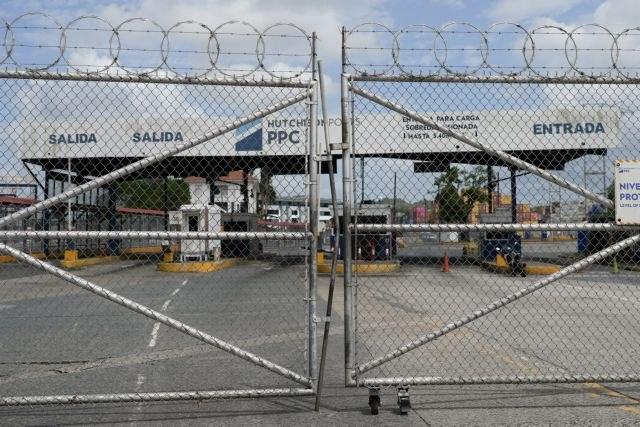Arecent study by the Athens-based Foundation for Economic & Industrial Research (IOBE) and Eurostat show that Greece’s population is expected to shrink from around 10.4 million today to 9.5 million by 2050, and significantly below nine million by 2100 – unless the number of births pick up.
As expected, the decrease will be accompanied by an increasingly aging population, resulting in a ratio of seniors to the active population exceeding 0.60 after 2050, up from 0.35 in 2020.
The immediate impact on the labour force will be dramatic, the study notes, as a shrinking labour force means a decline in GDP.
IOBE estimates that if current demographic trends continue, Greece’s GDP will fall by 31% up to 2100, resulting in a loss of 58 billion euros, as calculated in current rates. Similarly, almost 2.1 million jobs are expected to be lost, while SMEs are projected to suffer due to a shortage of workers, but also due to a reduction in domestic demand as a result of a shrinking population.
Double impact
Moreover, a Bank of Greece study shows that a 10% increase in the share of the population over 60 is associated with a reduction in GDP per capita of around 5.5 percentage points.
Source: tovima.com

